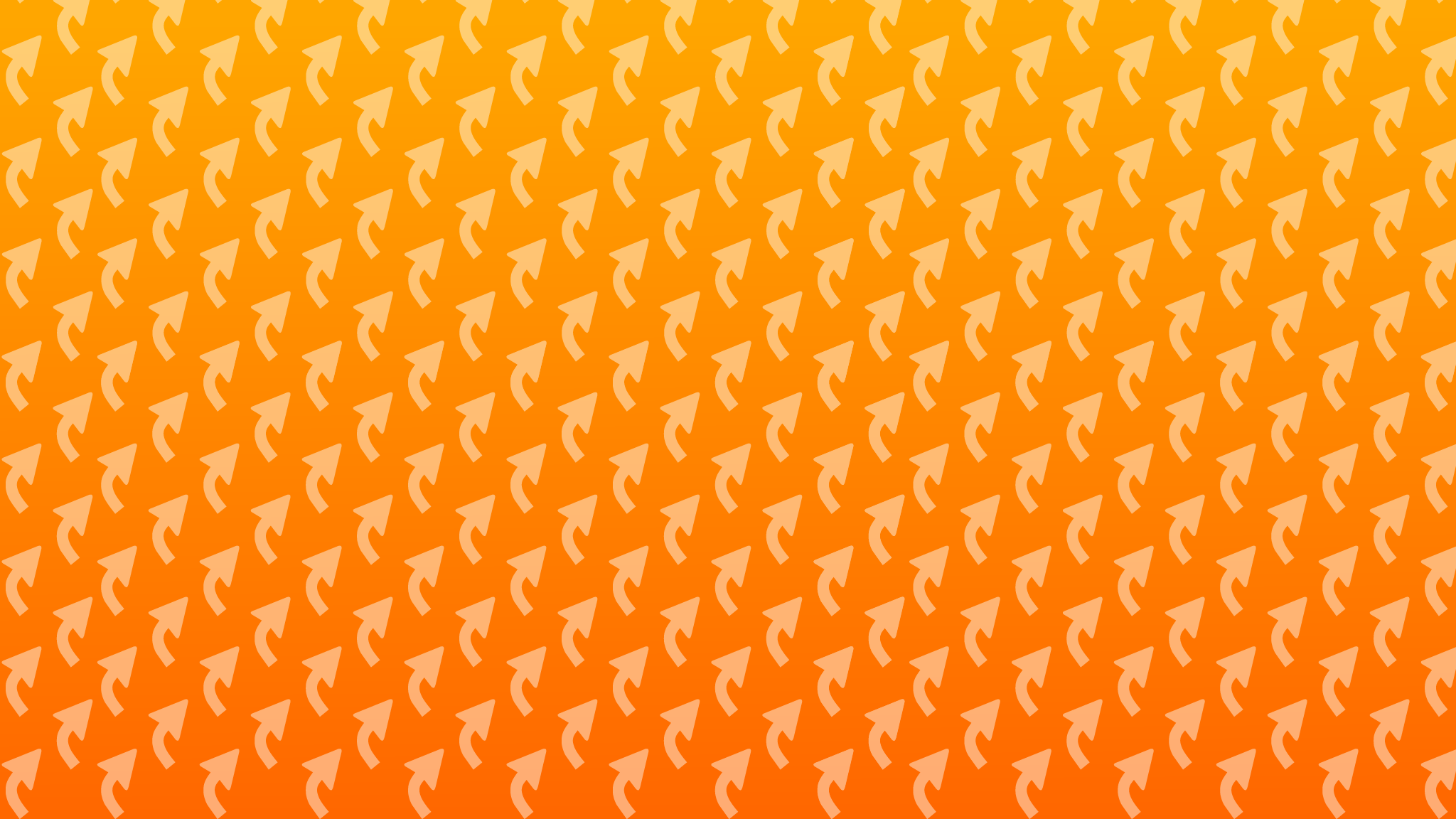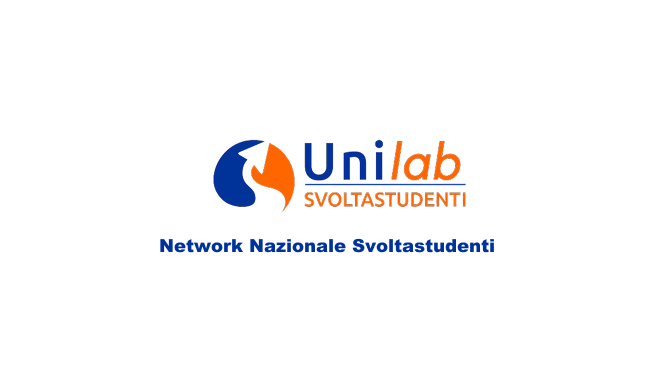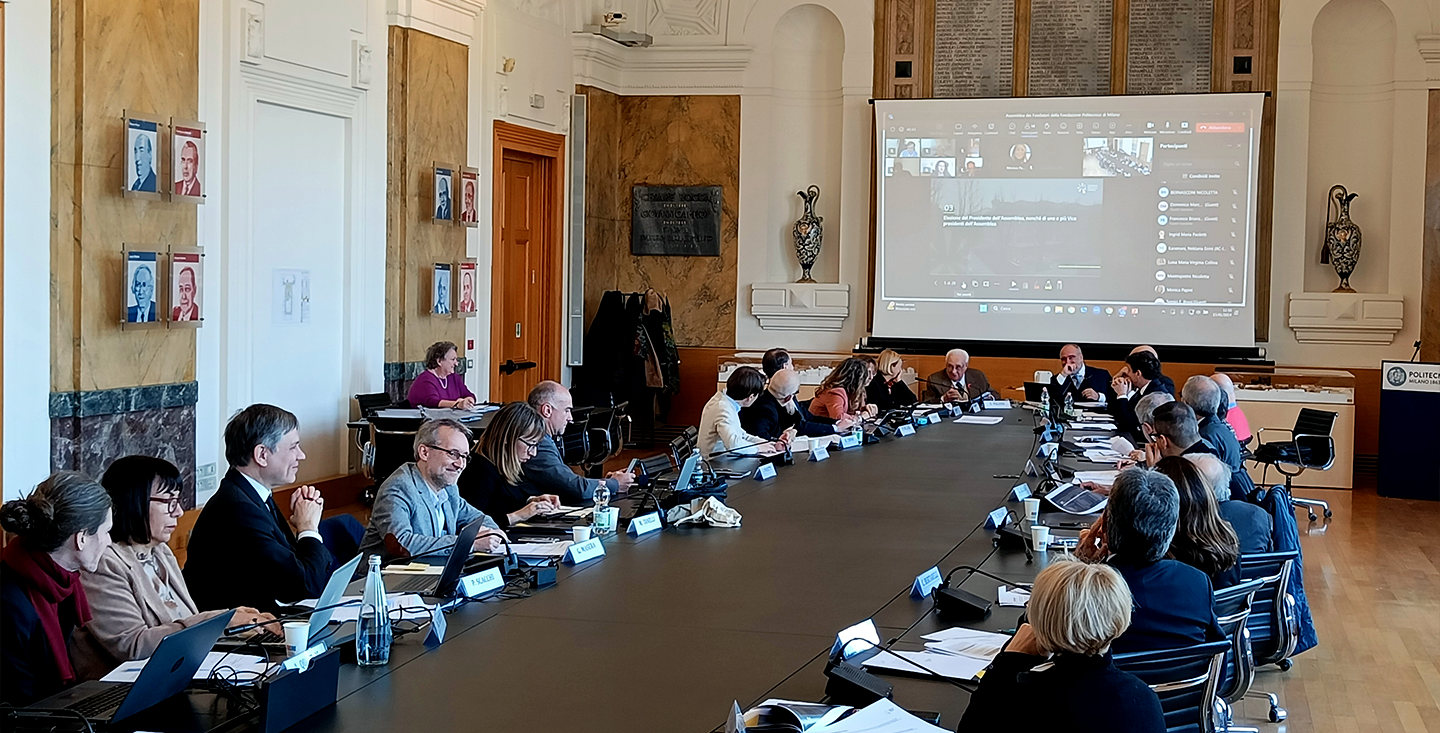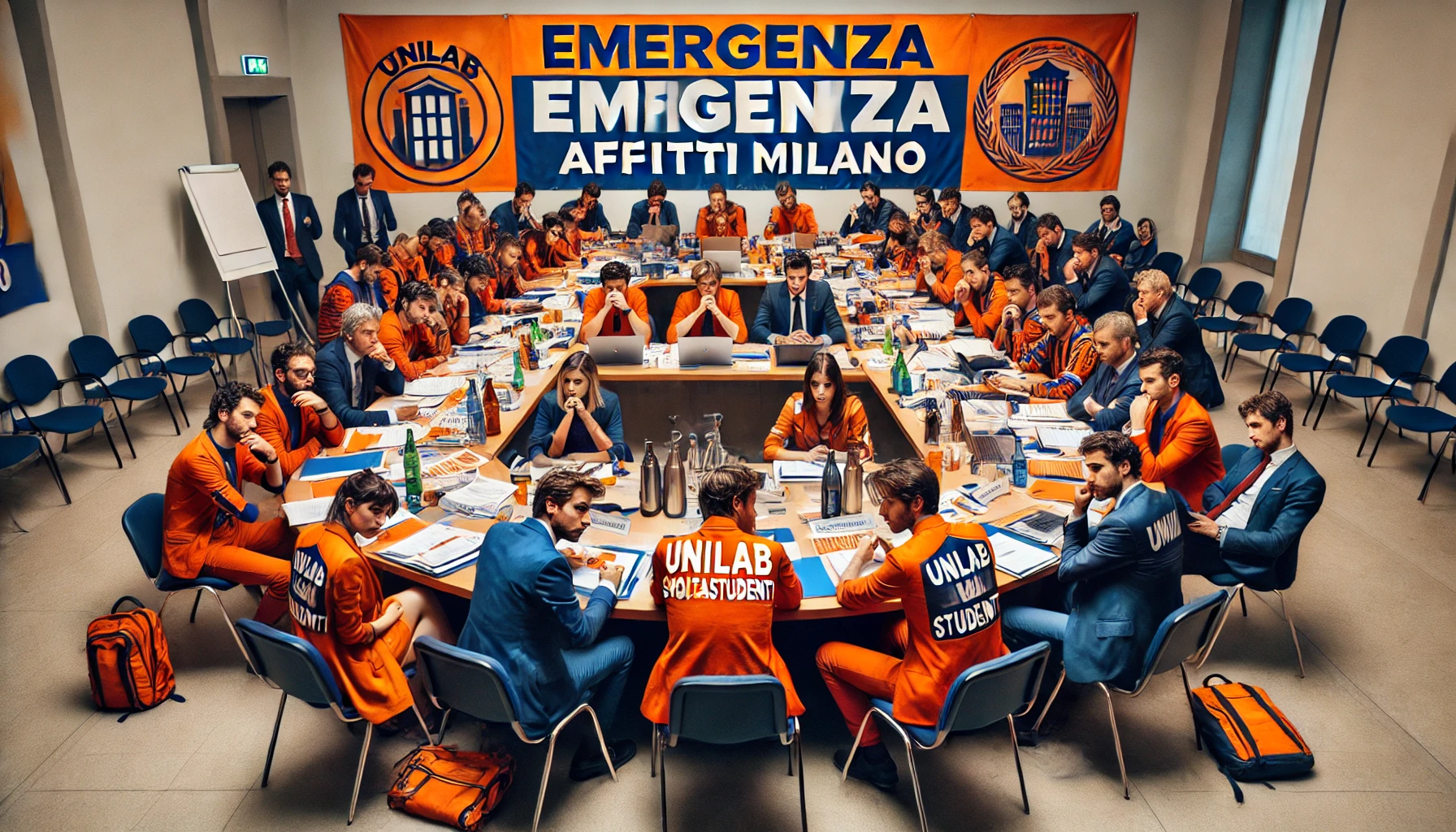As is now known, the new Academic Calendar provides for a reduction in the window for ongoing exams, thus forcing the CCS to choose between the different courses present in the Manifesto degli Studi (basically 2 for each semester of each year).
What perhaps everyone does not know is instead that the professors of Analysis have expressed their unfavorable opinion in continuing to offer the ongoing proof of their subject.
This is because, according to their technical analysis, the new calendar is not designed for an ongoing evaluation, moreover their subject (especially Analysis 1) being of a very "vertical" type (the topics seen at the first lesson are essential and also used in the last) would not benefit from the advantages of a broken evaluation.
In addition, the professors pointed out that, although many students passed the tests, most of the time the grade was refused and that an average higher rating was obtained by the students who pass the exam with the total appeal.
This thought is not shared by the Presidency of the School of Engineering and by most of the Coordinators of the Study Programme who focus a lot on maintaining the itinere for the most "mathematical" subjects.
In the Board of 13/07/2917 it was decided to keep for all the courses of study Analysis 1 as a test in Itinere for the academic year 2017/2018, a commission will then be formed that will evaluate whether to continue to provide the tests for the following years.
We propose below the thoughts of the representatives of Svoltastudenti
The ongoing tests are considered of immense didactic value for students; certainly not because more students are able to pass the exam in itinere (looking at the data, it is quite evident), but because they constitute a very effective feedback tool, which allows you to recover when there is still the possibility of a comparison with the teacher and not at the end of the course.
This peculiar aspect of the ongoing tests proved to be more important than ever in the first years of study, in which the student struggles to adapt to the university rhythms (look at the number of students who exceed 100 credits at the end of the second year) and for the exams considered particularly difficult (the subjects in question are a perfect example).
This reasoning, however, applies to all the teachings, so why among all the teachings choose the "mathematical" subjects? Because the topics addressed in these teachings are the most similar among those studied in our high school path, this allows the student to understand the different evaluation metrics on topics already covered. Moreover, having already dealt with many of the topics in the program, it is easier for students to prepare for the test in a short time and pass it, regardless of the grade obtained.
With our intervention we do not want to diminish the technical analysis of the teachers of the subjects in question, which we can only share given their very wide experience, but according to our point of view all the teachings of the first years are strongly "vertical",as they are precisely basic teachings. If we were not to include these teachings in the ongoing tests we would find ourselves in the situation of not using them completely, with the consequent waste of a space granted in the calendar.




